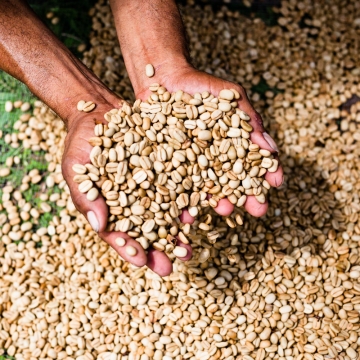Selling at the farmgate? Role of liquidity constraints and implications for agricultural productivity
Market trends in many developing countries indicate that selling agricultural produce to itinerant traders at the farmgate has been rising, despite criticism that the practice preys on and exploits farmers. Using a cross-sectional data set of 525 households, we investigate the factors influencing participation in farmgate trading and its effects on agricultural productivity in western Kenya. We specifically consider the role of liquidity–related variables within a context of the perennial export crops, a contribution that has received less attention in literature.


